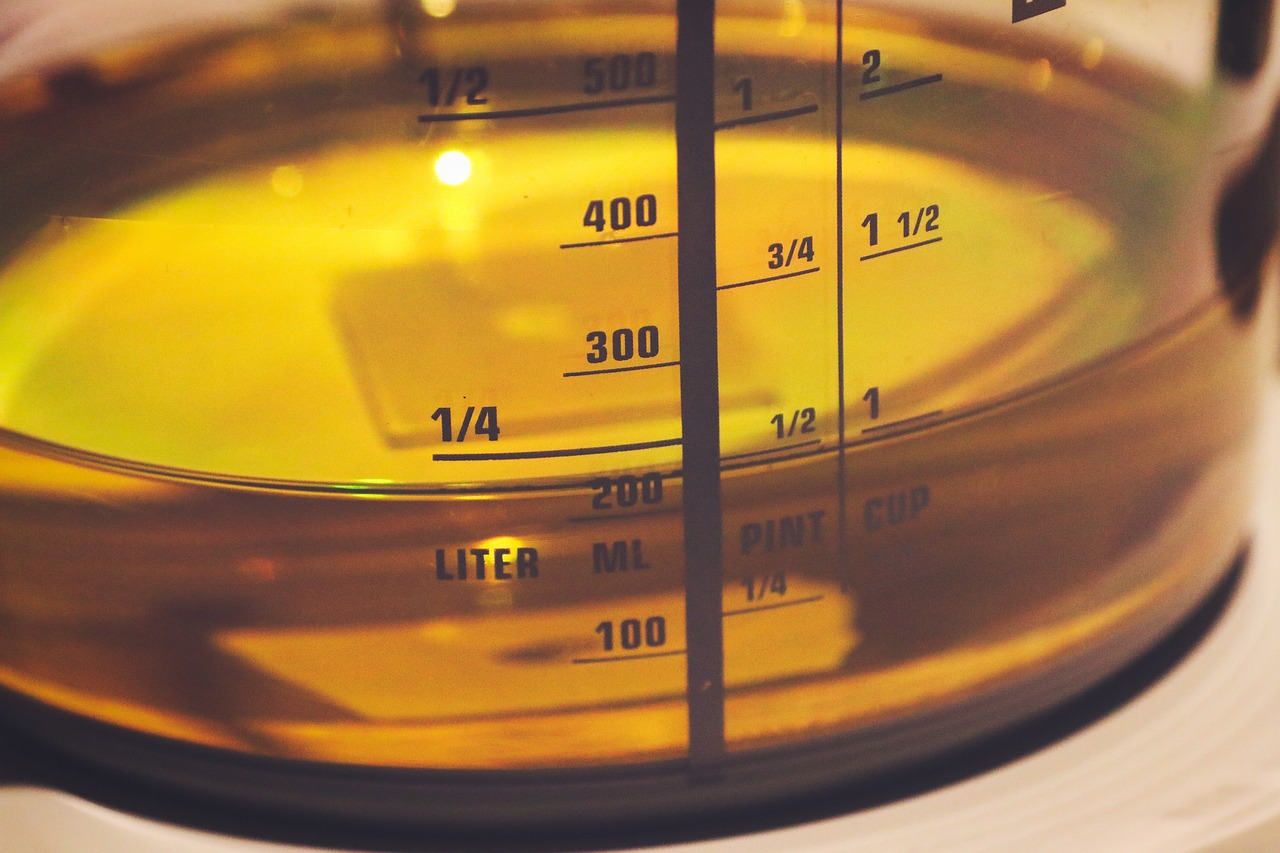mL to Litre Converter - Convert millilitres (mL) to litre (L).
Conversion Result:
Our ml to Litre converter is a handy tool that easily changes any volume from milliliters (ml) to litres (L). Ever wondered how much 1500 ml or 2000 ml is in litres? This converter will give you the answer instantly. In this article, you'll also learn the step-by-step process to convert ml to L.
How to use the ml to L converter
Using this tool is super simple. Just enter the volume in milliliters (ml) that you want to convert to litres (L), click the convert button, and we will show you the result by the side.

How many ml is a litre?
There are 1000 ml in 1 litre. 1 litre = 1000 ml.
How do I convert ml to litres?
To change from milliliters (ml) to litres (L), follow these easy steps:
- Use the conversion factor of 1000 milliliters per litre, 1000 ml = 1 L.
- Divide the volume in ml that you want to convert by the conversion
factor 1000 ml/L. For example, if you want to convert 2500 ml to L, the calculation
would be
2500 ml / (1000 ml/L) = 2.5 L.
Other Similar Calculators
Check out other calculators that are similar to this one.
FAQs
How do I convert 1 ml to L?
To change 1 ml to L, divide by 1000 ml/L since every litre equals 1000 milliliters, 1000 ml = 1 L.
How much is 1500 ml in L?
1500 ml is 1.5 L. To convert from ml to L, use the conversion factor of 1000 ml per litre. In this case, dividing 1500 ml by 1000 ml/L gives us 1.5 L.
What if I need to convert a large volume, like 5000 ml to L?
No problem! Just follow the same steps:
- Use the conversion factor of 1000 ml/L
- Divide the volume in ml by the conversion factor
5000 ml / (1000 ml/L) = 5 L
So, 5000 ml is 5 litres.
Why do we need to convert between ml and L?
Millilitres and litres are different units of volume used in different measurement systems. While millilitres are a smaller unit, litres are a larger unit commonly used for measuring larger volumes of liquids. Converting between these units is necessary when working with different quantities or adjusting recipe amounts.
Can you give an example of when ml to L conversion is useful?
Sure! Let's say you're making a large batch of lemonade, and the recipe calls for 3500 ml of water. However, you find it easier to measure out litres for larger volumes. Using the ml to L converter, you can quickly find that 3500 ml is equal to 3.5 litres. This makes it much easier to measure out the correct amount of water for your lemonade.
How precise is the ml to L conversion?
The conversion between millilitres and litres is based on the fixed conversion factor of 1000 ml/L. This conversion is precise and can be used for accurate measurements in scientific or technical applications.
Find Calculator
Popular Calculators
Other Calculators
